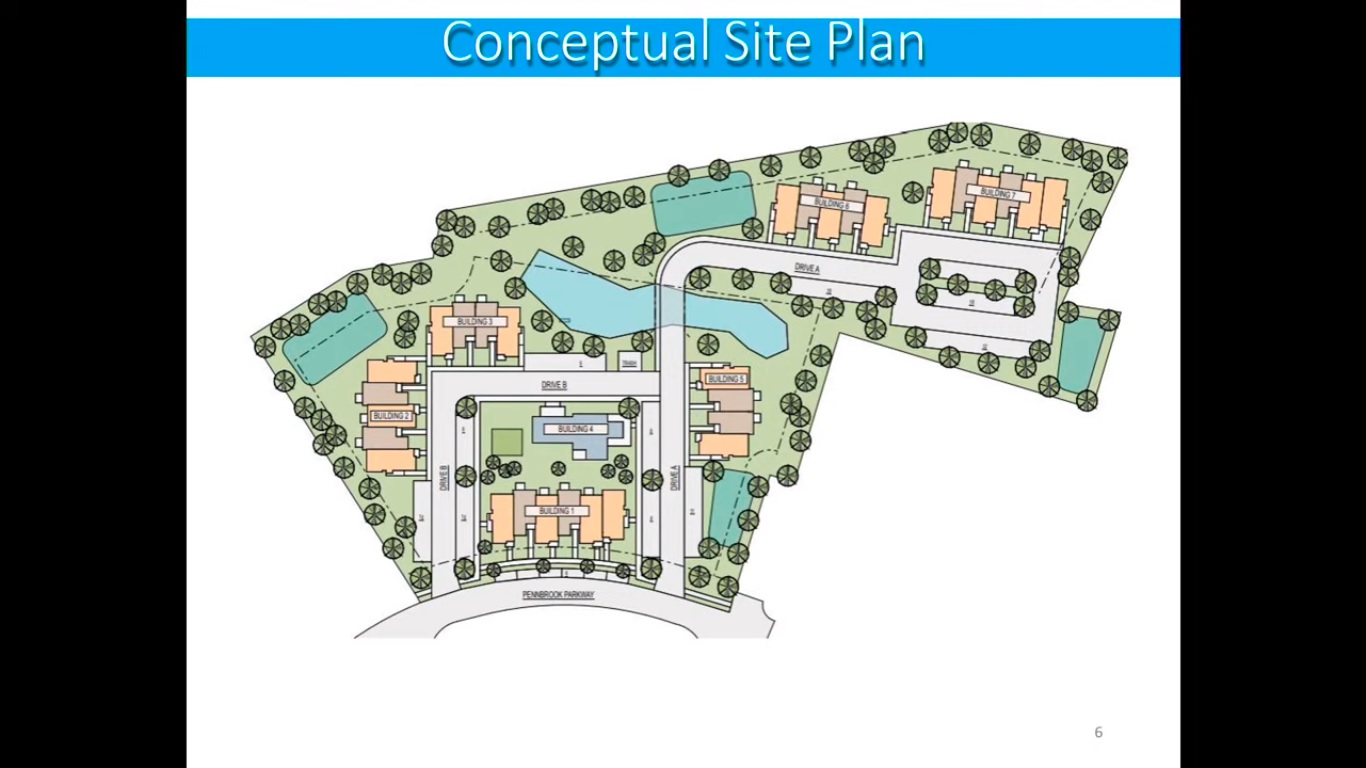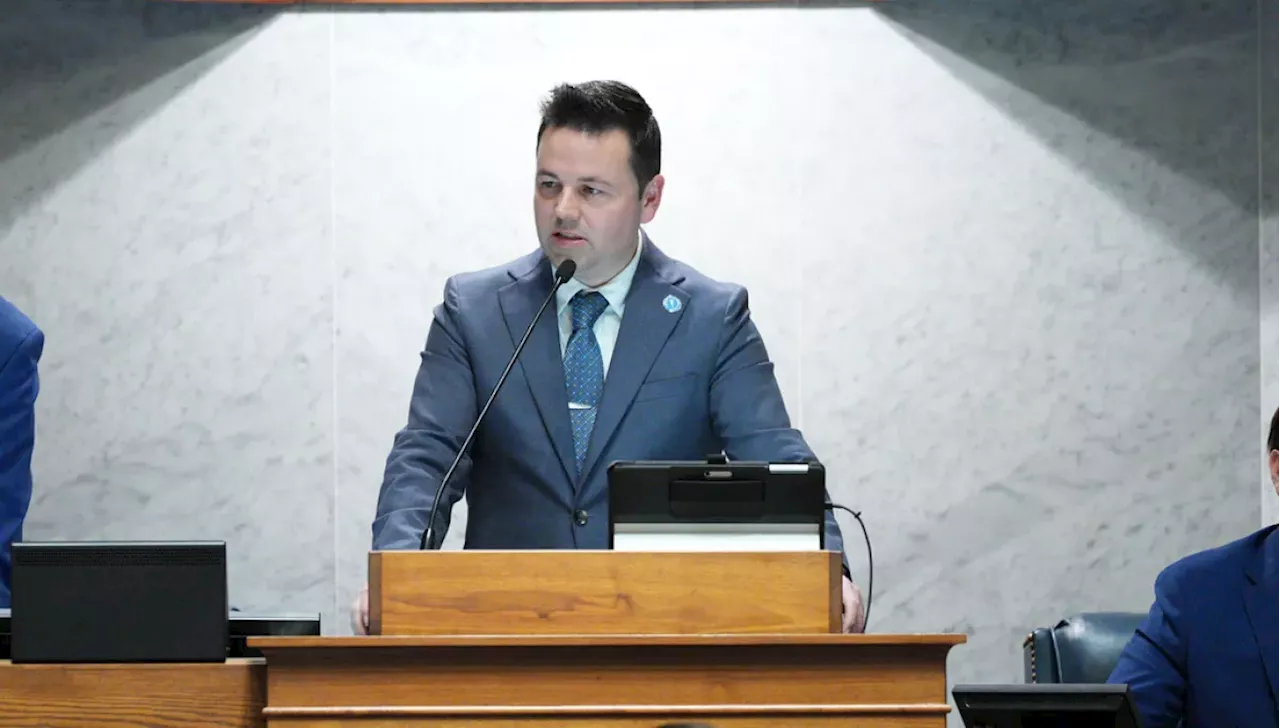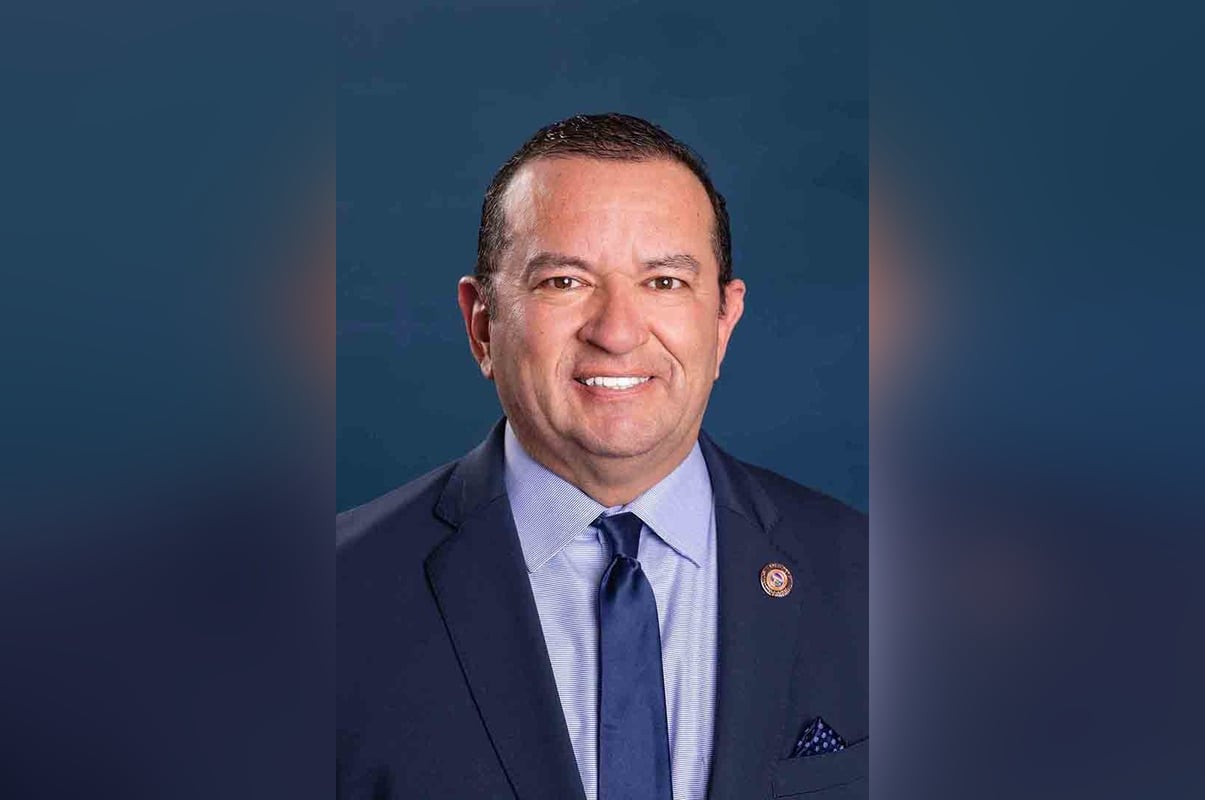Residents of Montgomery County face significant challenges in finding affordable housing, an issue that has sparked community discussions. A vote is scheduled for November 17, 2023, in Upper Gwynedd Township regarding a proposal to develop 60 workforce apartments. This initiative aims to address the escalating demand for accessible housing in the area, particularly for families earning between $44,000 and $66,000 annually.
Finding suitable housing has become increasingly difficult for many, with approximately half of renters in Montgomery County spending more than 30% of their income on housing costs. The situation resembles a game of musical chairs, where the scarcity of safe and affordable options creates anxiety for those in search of a home. As individuals navigate this challenging landscape, they often have to consider essential factors such as proximity to public transportation, childcare facilities, and quality schools.
The proposed development by the Walters Group is strategically located near the SEPTA Pennbrook station on Pennbrook Parkway, making it an attractive option for potential residents. The developer has a successful track record, with 17 similar projects completed in New Jersey, demonstrating their capability to deliver sustainable housing solutions.
Supporters of the development emphasize that affordable housing is not about compromising quality but rather about creating opportunities for those who contribute to the community. By providing homes for essential workers such as teachers, healthcare professionals, and retail employees, the project is expected to enhance the overall economic stability of Montgomery County. These workers often struggle to find housing that allows them to commute without excessive travel times, thereby impacting their work-life balance.
The Montco 30% Project has publicly endorsed the development, urging the Upper Gwynedd Township Board of Commissioners to vote in favor of the proposal. The project aligns with broader goals of making Montgomery County more sustainable and inclusive. By supporting such initiatives, the community can strengthen its local economy, bolster schools, and support small businesses.
As the vote approaches, community members are encouraged to express their support during public comment sessions. Advocates believe that the development will pave the way for a more resilient future, ensuring that essential workers have access to affordable housing close to their jobs.
The upcoming decision will be pivotal in shaping the housing landscape in Upper Gwynedd and potentially serve as a model for other regions facing similar challenges.







